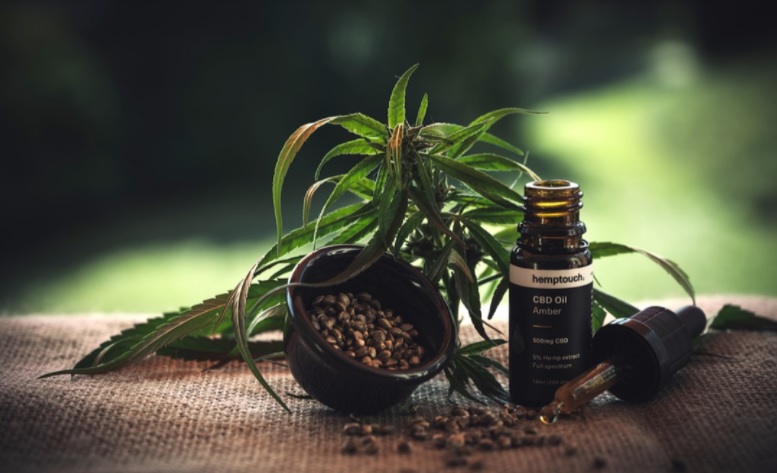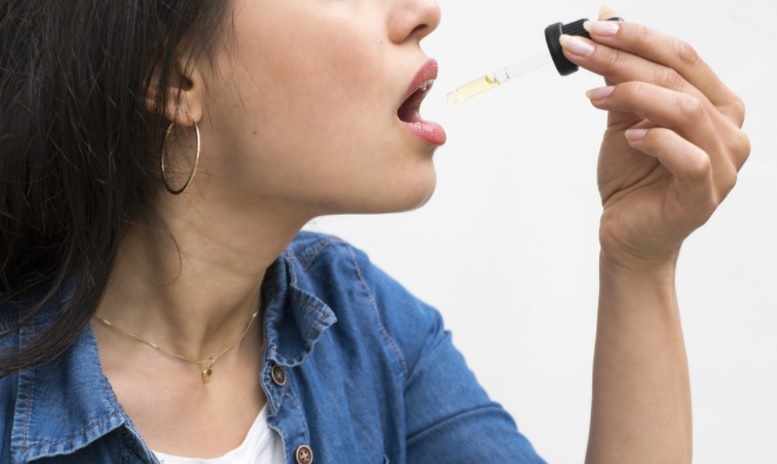An increasing number of people are becoming aware of the potential health benefits of using CBD. Several studies indicate that people who use CBD are better able to cope with symptoms associated with mental health issue such as depression and anxiety. But what exactly is CBD? Let’s learn a bit more about the incredible substance and its origins.
CBD or cannabidiol is a natural compound that can be extracted from cannabis plants. It is often confused with tetrahydrocannabinol or THC, which is the addictive substance found in marijuana that makes people feel euphoric or “high.” Unlike THC though, CBD is not addictive and does not make people high.
CBD for Depression
Depression is one of the most common mental health issues today. It can affect people for years an severely impact how they function in their day-to-day life. Common symptoms of depression include:
- Intense feelings of sadness, emptiness, and hopelessness
- Loss of interest in activities that used to be fun (such as hobbies and sex)
- Fatigue
- Inability to concentrate
- Changes in appetite
- Physical pain
- Suicidal ideation
To manage these and other symptoms of depression, doctors may prescribe antidepressant drugs. However, many of these drugs only provide a temporary solution and may cause a number of negative side effects.
CBD has shown great promise in treating symptoms of depression. Interestingly, it does so without causing significant negative side effects. How does CBD work? A 2014 study explains that CBD helps people to feel calmer and happier by having a positive interaction with serotonin receptors in the brain. Serotonin is a key hormone in our body that helps to regulate our mood and overall well-being. By reacting positively with serotonin, CBD helps to stabilize a person’s emotional state and reduce the likelihood of erratic mood swings.
CBD for Anxiety and Panic Disorder
The health benefits of CBD do not stop at treating depression. Studies have also shown that CBD can help to reduce the symptoms of anxiety and panic disorder.
According to the Anxiety and Depression Association of America, anxiety issues are the most common mental health concern in the United States. Approximately 18% of American citizens experience anxiety each year. Panic disorder is a type of anxiety disorder that affects more than 6 million adults in America. It is estimate that 5% of the global population suffers from recurring panic attacks.
Common symptoms of anxiety include:
- Excessive worrying
- Agitation
- Restlessness
- Fatigue
- Inability to concentrate
- Feeling tense
- Sleep issues
As with depression, psychiatrists may prescribe pharmaceutical medications to help people with anxiety. However, these medications may cause side effects. On the contrary, people who use CBD for anxiety report reduced symptoms and minimal side effects. One study found that 300 milligrams of CBD in a single dose proved to have a significant effect in a human model and also reduced the anxiety levels significantly after an experience that could induce anxiety, such as challenging social situations.
What Forms of CBD Are Most Effective?
Dry-herb Vaporizing: Dry-herb Vaporizing is recommended for people who are looking for immediate relief. As recommended by some experts, CBD vaping should be done via a dry-herb vaporizer that functions by heating up dried CBD flowers and helps you to control the temperature. This technique is safer than burning CBD directly as it helps you to avoid any undesirable by-products.
Oil or Tinctures: Oils or Tinctures are considered the most effective form of CBD. CBD oil can be placed directly under the tongue. The sublingual administration ensures that the CBD is properly absorbed and transmitted throughout the body.
Side Effects of Using CBD
Very little evidence suggests that CBD has significant negative side effects.. However, as each person’s biology is different, CBD may affect different people in different ways. The most common reported side-effects of using CBD include:
- Weight loss or weight gain
- Fatigue
- Diarrhea
- Changes in appetite
In rare cases, CBD may increase liver toxicity as it may interact with some medications.
How Much CBD Should I Take?
There is no a universal dosage of CBD that works for everyone as different people have different needs. However, many CBD experts recommend starting on a low dosage and increasing it over time until the health benefits are felt. For best results, it is recommended that CBD be taken regularly. You can buy cannabis products online and choose to take it daily, or up to two or three times per day. Always consult your doctor for advice on your CBD dose or if you experience any mild symptoms.



